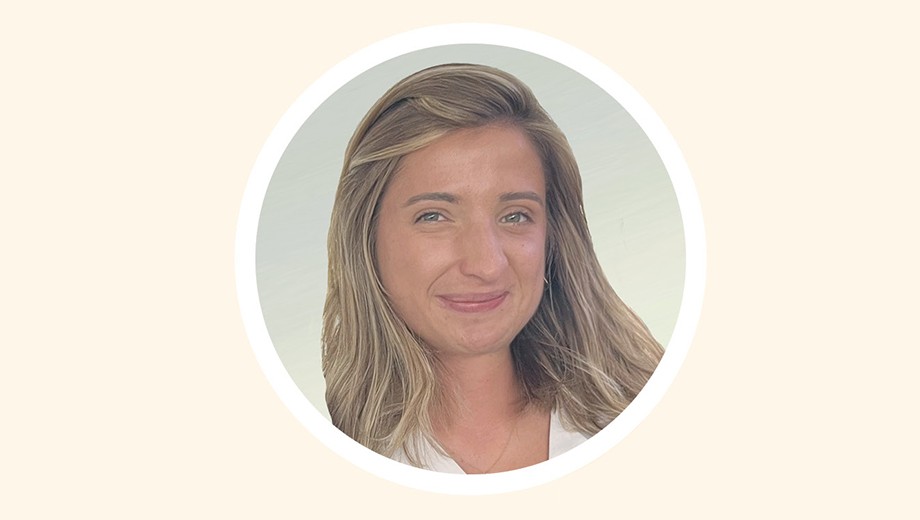As an undergraduate, Jane Tunde Kelleher, AB’20, SM’21, did not plan on attending medical school. “I imagined that I would pursue a scientific research career,” she says. But while doing research in medical physics and medical device development, she had the chance to work with patients—and she realized she felt passionate about patient care. Kelleher is now a medical student in a program jointly run by Harvard Medical School and MIT.
Do classical studies and physics overlap at all?
Ah! I love this question. Classical studies and physics dovetail beautifully. Both prompt us to consider the natural structure of the universe and our place in it—physics quantitatively, and classical studies more philosophically and socially.
Was it unusual to combine a hard science major with a humanities major?
Most of my Classical Studies peers were pursuing other studies in the humanities. To be honest, I was always a little jealous I didn’t get to take Greek and Philosophy classes with them. But my professors in both departments were always supportive of my dual interests.
Which major is your true love?
Don’t make me choose—although if I had to, it would be Physics. But I can’t imagine having only studied one or the other.
Did anything from Classics prove useful in medical school?
People always told me Latin would come in handy for anatomy—and I suppose that was true. But more importantly, my Classical Studies background helped to ground my medical research and studies in the human experience of medicine. Given my work on device therapies, I am especially interested in how life-sustaining implants such as heart pumps affect patients’ sense of self, and what we as health care researchers and future clinicians can do to improve their experience.
What advice would you give to a student considering a double major in humanities and something in a very different course of study?
Identify the components of each field that really excite you; there is likely an overlap. The common ground that I found in physics and classical studies enhanced my work in both fields and helped lead me to medicine.

